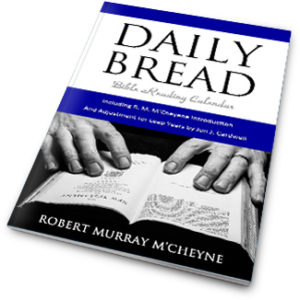Let your speech always be gracious, seasoned with salt, so that you may know how you ought to answer each person. Colossians 4:6
 Because of the grace of God in Jesus Christ, our speech should reflect the grace of Christ’s person and work. It’s not automatic. Experience informs us of this flaw; and more than that, God, in His holy Word says so, since He states, “Let your speech always….” It must be both a conscious decision as well as a constant decision.
Because of the grace of God in Jesus Christ, our speech should reflect the grace of Christ’s person and work. It’s not automatic. Experience informs us of this flaw; and more than that, God, in His holy Word says so, since He states, “Let your speech always….” It must be both a conscious decision as well as a constant decision.
As we more and more approach the ‘always’ of our text, the habit begins to shape our Christian character and conform us to the image of Jesus Christ. As we become more like Jesus Christ, we begin to “know how [we] ought to answer each person.”
At the same time, we should also recognize this: our speech must be seasoned with salt, not saturated with salt. If I’m not careful, my fleshly fervor may overrun my faith in Christ and constant trust upon Him. If this happens, I will end up prattling on like a pious pig— a hypocrite who appears to be holy, but only oinks from a pen full of fecal filth. Hypocrisy never begets humility.
James tells us that “no human being can tame the tongue. It is a restless evil, full of deadly poison” (Jas 3:8). In God’s wonderful providence, and by His amazing grace, He has ordained these things to be so the child of God may abandon himself or herself to the pleasure of the Father, by the authority of Christ, through leading and direction of the Holy Spirit. When we are so led, each time we speak of Christ crucified, it becomes a glorious testimony unto God, regardless of where we are in our Christian walk, whether we are babes in Christ or mature ministers of the gospel.
Let’s speak of Jesus and His grace,
Bleeding, dying, on the tree;
We’ll grow in knowledge, giving place
To salted words, most heavenly
Unless otherwise indicated, all Scripture quotations are from The Holy Bible, English Standard Version, copyright ©2001 by Crossway Bibles, a publishing ministry of Good News Publishers. Used by permission. All rights reserved.
Scripture texts marked (KJV) are from The King James Version of the Holy Bible (1769). The King James Version of the Bible is in the public domain.




Recent Comments